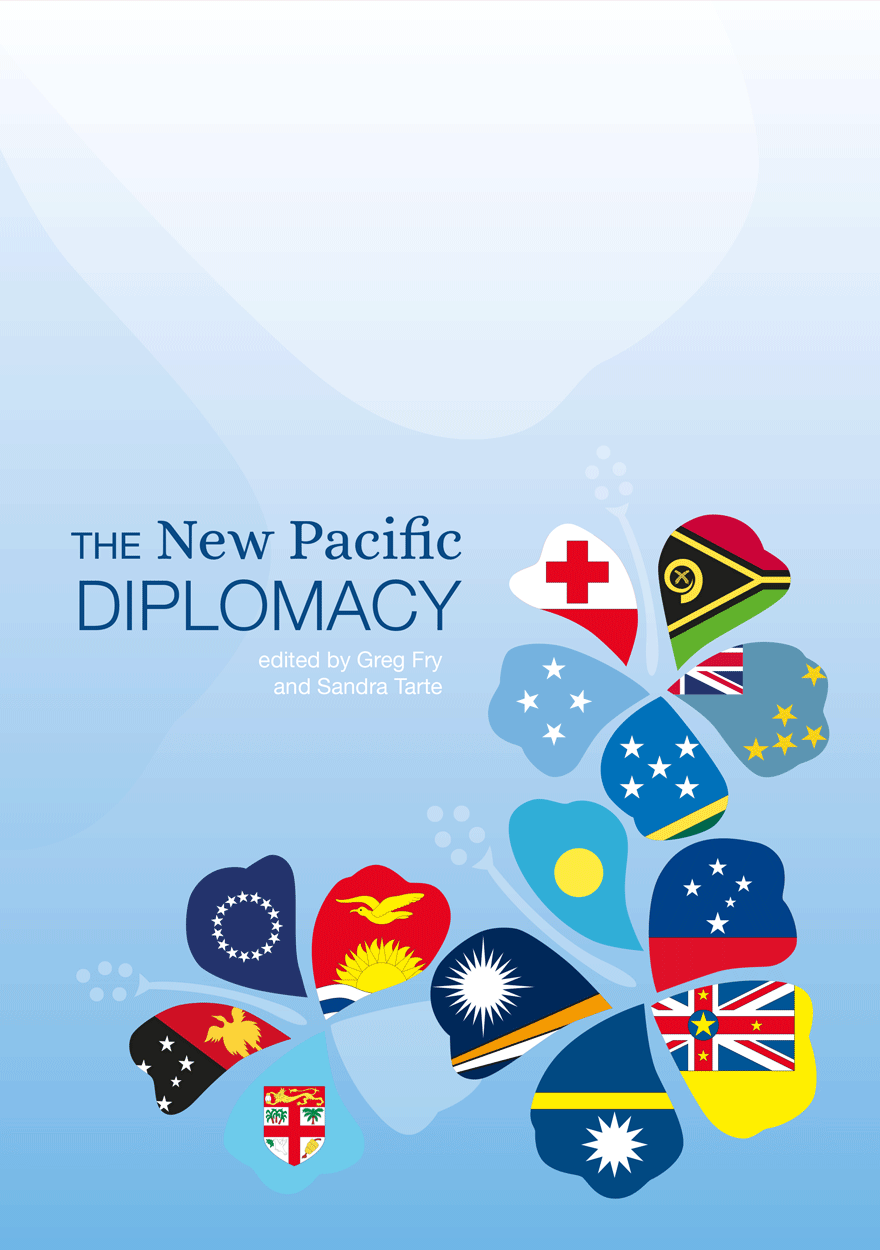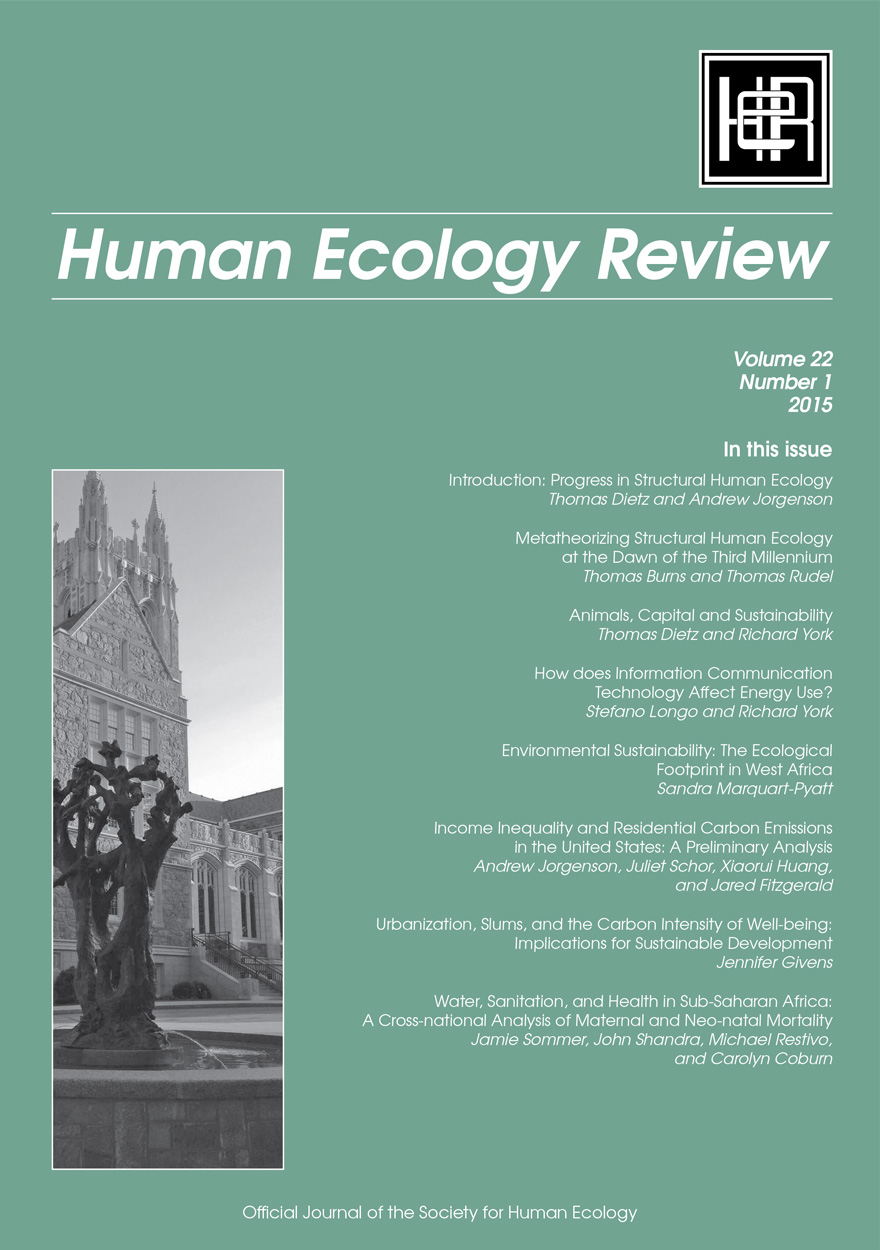Textbooks
Browse or search textbooks or find out more about the publications' authors. Download the ebook for free or buy a print-on-demand copy.
Displaying results 491 to 500 of 2630.

Eyewitness to Early Reform in Myanmar »
Authored by: Trevor Wilson
Publication date: March 2016
By 2000, a ruthless military regime had ruled Myanmar for more than a decade, polarising opinion inside and outside Burma/Myanmar — with Western countries locked into non-UN sanctions and Asian countries and the rest of the world locked into unenthusiastic cooperation with Myanmar. While the United Nations and its agencies faced numerous obstacles as they sought to encourage national reconciliation in Myanmar, conditions in Myanmar were slowly starting to change. With a reform faction in charge, the military regime itself after 1999 slowly began experimenting with modest changes, before committing in 2008 to transfer power via a constitutional referendum and national elections, both of which it effectively controlled. This book provides the first eyewitness account of the early reform experiments.

Professional Social Work in Australia »
Authored by: R.J. Lawrence
Publication date: February 2016
This is an unchanged republication of the first historical account of the social work profession in Australia. It traces the development of social work education and professional social work in the larger, more industrialised societies overseas before the same developments began in Australia in the late 1920s, and it notes the part played by overseas influence in the subsequent 30-odd years. The book concentrates on the development of training bodies and their courses, the spread of qualified social workers into various fields of employment in Australia’s expanding health and welfare services, and the growth of professional associations and their programmes. The author assesses the occupational group in terms of accepted attitudes towards the established professions. He concludes with a discussion of major contemporary issues facing the Australian social work profession.

Merici- Ursula Hall Academic Journal: Volume 1, 2015 »
Publication date: February 2016
Merici is the combined works of undergraduate authors at Ursula Hall. Merici contains research and analysis from a range of disciplines and is thoroughly reviewed by ANU academics to ensure the showcasing of the best Ursula Hall has to offer.
Download for free
Not available for purchase

Confronting Fiji Futures »
Edited by: A. Haroon Akram-Lodhi
Publication date: January 2016
Fiji, post-independence, has seen several governments, two military coups and, amidst sweeping social, economic and political changes, the presence of divisive identity politics in its journey towards a united, collective Fiji community.
This republished edition of Confronting Fiji Futures takes in these landmark events and eventualities, and aims at a forward-looking assessment of the realities facing Fiji in the present and the future. It focuses on the period of the coups up to and including the 1999 general elections, when an explicitly multiethnic party won government in a surprise landslide result.
This book is the result of a collaborative research project based at the Institute of Social Studies, The Hague, in the Netherlands — an institution with a long tradition of collaborative teaching, research and advisory services in the South Pacific region. It aims to present a range of relevant issues from a number of vantage points. It has brought together a strong diversity of authors led by A. Haroon Akram-Lodhi, including John Cameron, Ganesh Chand, Martin Doornbos, Yash Ghai, Holger Korth, Sunil Kumar, Biman Prasad, Jacqueline Leckie, Satendra Prasad, Steve Ratuva, Robbie Robertson, Ardeshir Sepehri and William Sutherland.

Experiments in self-determination »
Histories of the outstation movement in Australia
Edited by: Nicolas Peterson, Fred Myers
Publication date: January 2016
Outstations, which dramatically increased in numbers in the 1970s, are small, decentralised and relatively permanent communities of kin established by Aboriginal people on land that has social, cultural or economic significance to them. In 2015 they yet again came under attack, this time as an expensive lifestyle choice that can no longer be supported by state governments. Yet outstations are the original, and most striking, manifestation of remote-area Aboriginal people’s aspirations for self-determination, and of the life projects by which they seek, and have sought, autonomy in deciding the meaning of their life independently of projects promoted by the state and market. They are not simply projects of isolation from outside influences, as they have sometimes been characterised, but attempts by people to take control of the course of their lives. In the sometimes acrimonious debates about outstations, the lived experiences, motivations and histories of existing communities are missing. For this reason, we invited a number of anthropological witnesses to the early period in which outstations gained a purchase in remote Australia to provide accounts of what these communities were like, and what their residents’ aspirations and experiences were. Our hope is that these closer-to-the-ground accounts provide insight into, and understanding of, what Indigenous aspirations were in the establishment and organisation of these communities.
This volume will be a great addition not only to the origins and history of outstations, but in light of the closing of over 100 Aboriginal communities in Western Australia, it should be a required bedtime reading for all politicians across Australia. The contributors do not simply concentrate on the so-called outstations movement of the 1970s, but rather help the reader understand why in the 1930s, ‘40s, ‘50s, and ‘60s, Aboriginal people moved away from cattle stations, missions and settlements to reconstruct their moral compass in settings which made more contemporaneous sense, not only to them but often to the whites who were there as well.
—Professor Francoise Dussart, University of Connecticut.

In Defence of Country »
Life Stories of Aboriginal and Torres Strait Islander Servicemen and Women
Authored by: Noah Riseman
Publication date: January 2016
Aboriginal and Torres Strait Islander people have been protecting country since time immemorial. One way they have continued these traditions in recent times is through service in the Australian military, both overseas and within Australia. In Defence of Country presents a selection of life stories of Aboriginal and Torres Strait Islander ex-servicemen and women who served in the Australian Army, Navy and Air Force after World War Two. In their own words, participants discuss a range of issues including why they joined up; racial discrimination; the Stolen Generations; leadership; discipline; family; war and peace; education and skills development; community advocacy; and their hopes for the future of Indigenous Australia. Individually and collectively, the life stories in this book highlight the many contributions that Aboriginal and Torres Strait Islander servicemen and women have made, and continue to make, in defence of country.
For more information on Aboriginal History Inc. please visit aboriginalhistory.org.au.

The New Pacific Diplomacy »
Edited by: Greg Fry, Sandra Tarte
Publication date: December 2015
Since 2009 there has been a fundamental shift in the way that the Pacific Island states engage with regional and world politics. The region has experienced, what Kiribati President Anote Tong has aptly called, a ‘paradigm shift’ in ideas about how Pacific diplomacy should be organised, and on what principles it should operate. Many leaders have called for a heightened Pacific voice in global affairs and a new commitment to establishing Pacific Island control of this diplomatic process. This change in thinking has been expressed in the establishment of new channels and arenas for Pacific diplomacy at the regional and global levels and new ways of connecting the two levels through active use of intermediate diplomatic associations.
The New Pacific Diplomacy brings together a range of analyses and perspectives on these dramatic new developments in Pacific diplomacy at sub-regional, regional and global levels, and in the key sectors of global negotiation for Pacific states – fisheries, climate change, decolonisation, and trade.

Aboriginal History Journal: Volume 39 »
Edited by: Liz Conor
Publication date: December 2015
Volume 39 presents a special section on Aboriginal war service, edited by Allison Cadzow, Kristyn Harman and Noah Riseman. The contributors reappraise narratives and foster new avenues of inquiry, particularly on the impact of war service on families and communities, and explore how the entrance of Aboriginal men into Australian military service disrupted accustomed notions of defence of country. John Maynard extends this service back to the South African Anglo-Boer War. Andrea Gerrard and Kristyn Harman track the aftermath of the First World War for Tasmanian soldiers of Aboriginal descent. Philippa Scarlett challenges the ‘mateship myth’ of the Australian Imperial Force (AIF) of the First World War. The denial of repatriation benefits fuelled Aboriginal people’s post-war disenchantment and the political agitation of the 1920s and 1930s, as Jessica Horton shows. She finds it was demand for land exacerbated by the Soldier Settlement Scheme that precipitated the closure of reserves, creating a new ‘home front’ for Gunditjmara veterans resisting ongoing dispossession. Kristyn Harman looks at correspondence between white women and Aboriginal soldiers during the Second World War as overseen by the Aborigines Uplift Society’s national comforts auxiliary.
In the other articles in this volume, Sharon Delmege investigates policy implementation at Allawah Grove Native Settlement (1957–69). Anne O’Brien focuses on provisioning at Ernabella mission, South Australia in 1937. Steven Anderson looks at Indigenous executions in colonial South Australia, where public hangings were reintroduced, but only for Indigenous capital offenders. Greg Blyton casts light on the little-known story of Harry Brown, guide to Ludwig Leichhardt on two expeditions into the interior. Robin Barrington provides a corrective to the colonial visual archive in her examination of public constructions of Yamaji individuals by Daisy Bates and Alexander Morton.
Aboriginal History Inc. is a publishing organisation based in the Australian Centre for Indigenous History, Research School of Social Sciences, The Australian National University, Canberra.
For more information on Aboriginal History Inc. please visit aboriginalhistory.org.au.
Download for free
Not available for purchase

Agenda - A Journal of Policy Analysis and Reform: Volume 22, Number 1, 2015 »
Edited by: William Coleman
Publication date: December 2015
Agenda is a refereed, ECONLIT-indexed and RePEc-listed journal of the College of Business and Economics, The Australian National University. Launched in 1994, Agenda provides a forum for debate on public policy, mainly (but not exclusively) in Australia and New Zealand. It deals largely with economic issues but gives space to social and legal policy and also to the moral and philosophical foundations and implications of policy.
Subscribe to the Agenda Alerting service if you wish to be advised on forthcoming or new issues.
Download for free
Not available for purchase

Human Ecology Review: Volume 22, Number 1 »
Publication date: December 2015
Human Ecology Review is a semi-annual journal that publishes peer-reviewed interdisciplinary research on all aspects of human–environment interactions (Research in Human Ecology). The journal also publishes essays, discussion papers, dialogue, and commentary on special topics relevant to human ecology (Human Ecology Forum), book reviews (Contemporary Human Ecology), and letters, announcements, and other items of interest (Human Ecology Bulletin). Human Ecology Review also publishes an occasional paper series in the Philosophy of Human Ecology and Social–Environmental Sustainability.
Download for free
Not available for purchase



